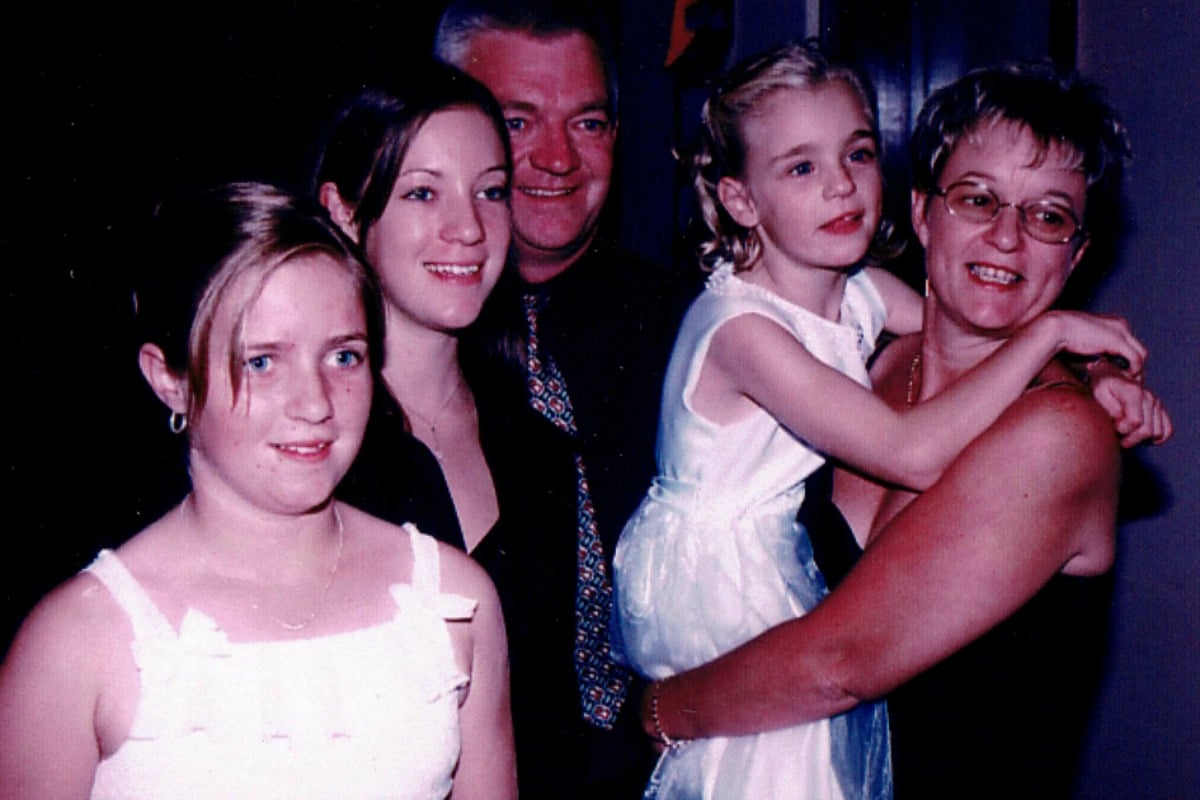
This article contains references to the death of children and may be triggering for some readers.
When my father speaks about the accident, he opens with the line: ‘When I killed my daughters . . .’
Lately, I have been trying to correct him.
I give him books to read, make him come running with me, secure us back-to-back appointments with a psychologist. I do not know if it’s working.
I remember clearly what happened that night, the hour before the police arrived: my mother lets herself in through the front door, balancing keys in one hand, Bellissimo’s garlic pizza and a plastic container of fettuccine carbonara in the other.
‘It’s ready,’ she calls to me, her small mouth turned up into a smile.
I stack my study notes on top of my books and push them to one side, knowing I’ll need them again soon: it is my final year of high school. Along with thousands of students around Australia, I am about to sit a series of trial exams that will contribute to my final grade for high school, which will in turn determine what university course I am accepted into. I am overeager and studious, and the first of those trial exams is scheduled for the next day.
After dinner, Mum moves into the lounge room. I don’t know what she was watching that night, but at the time her favourite TV show was Home and Away, whose small-town characters were hit by cancer or murder or drug use each week and who took long walks by the ocean to figure out solutions together.

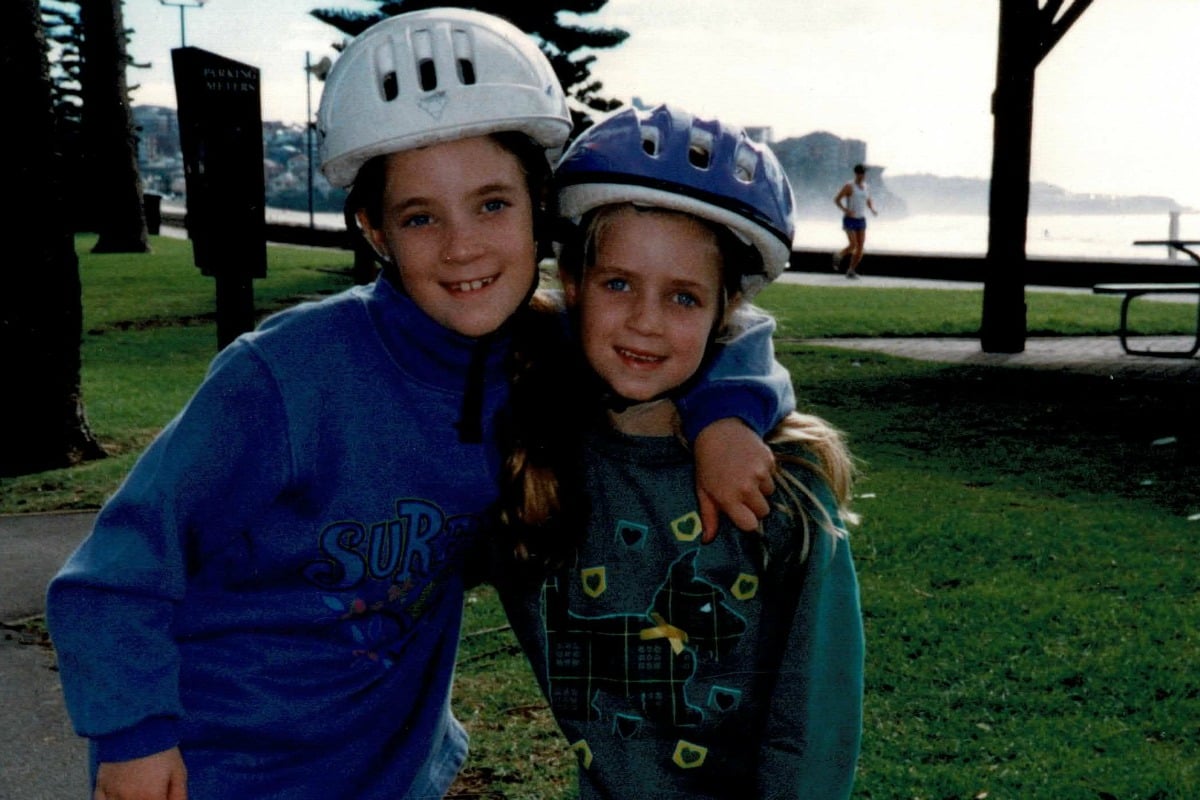
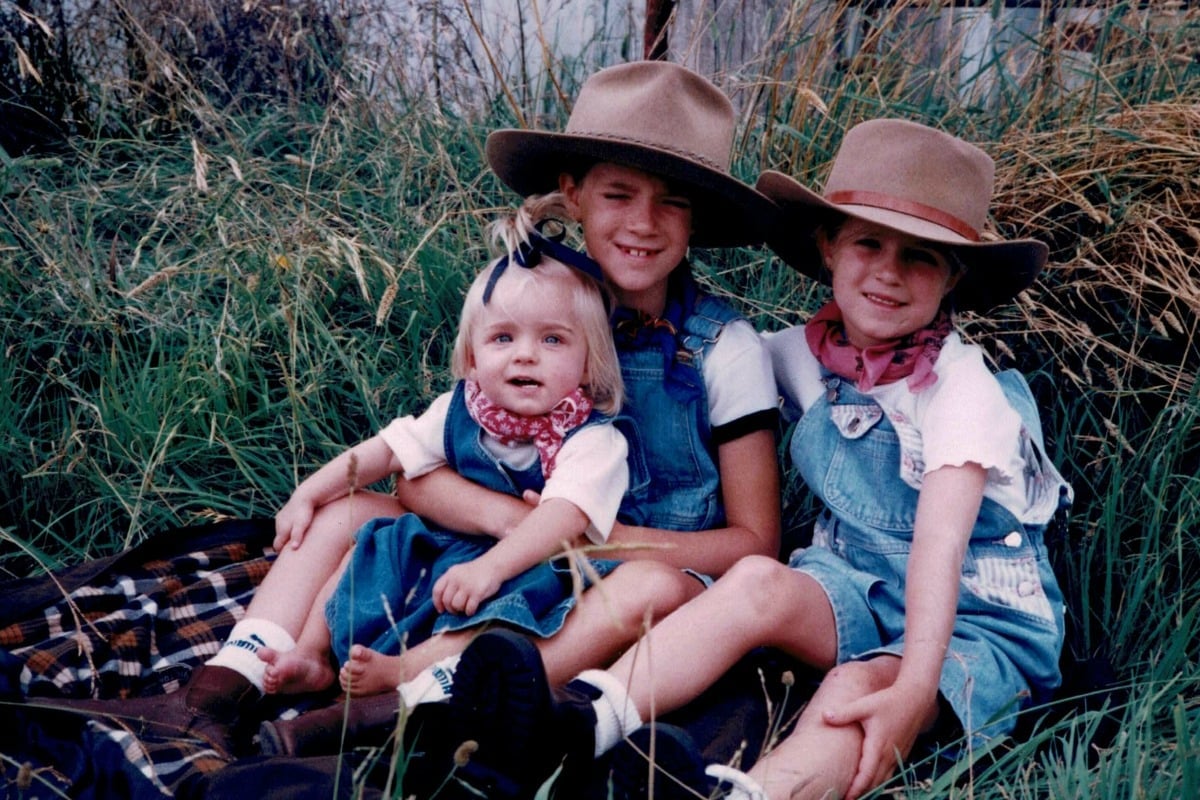
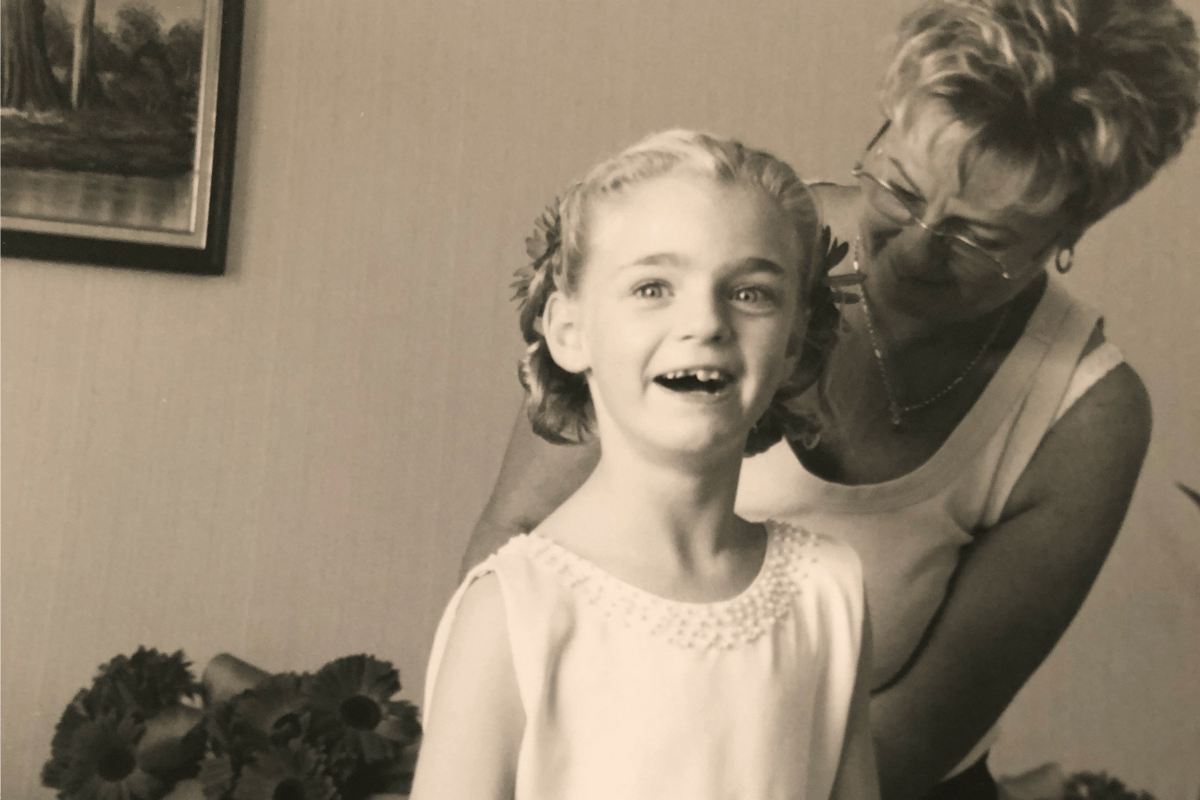
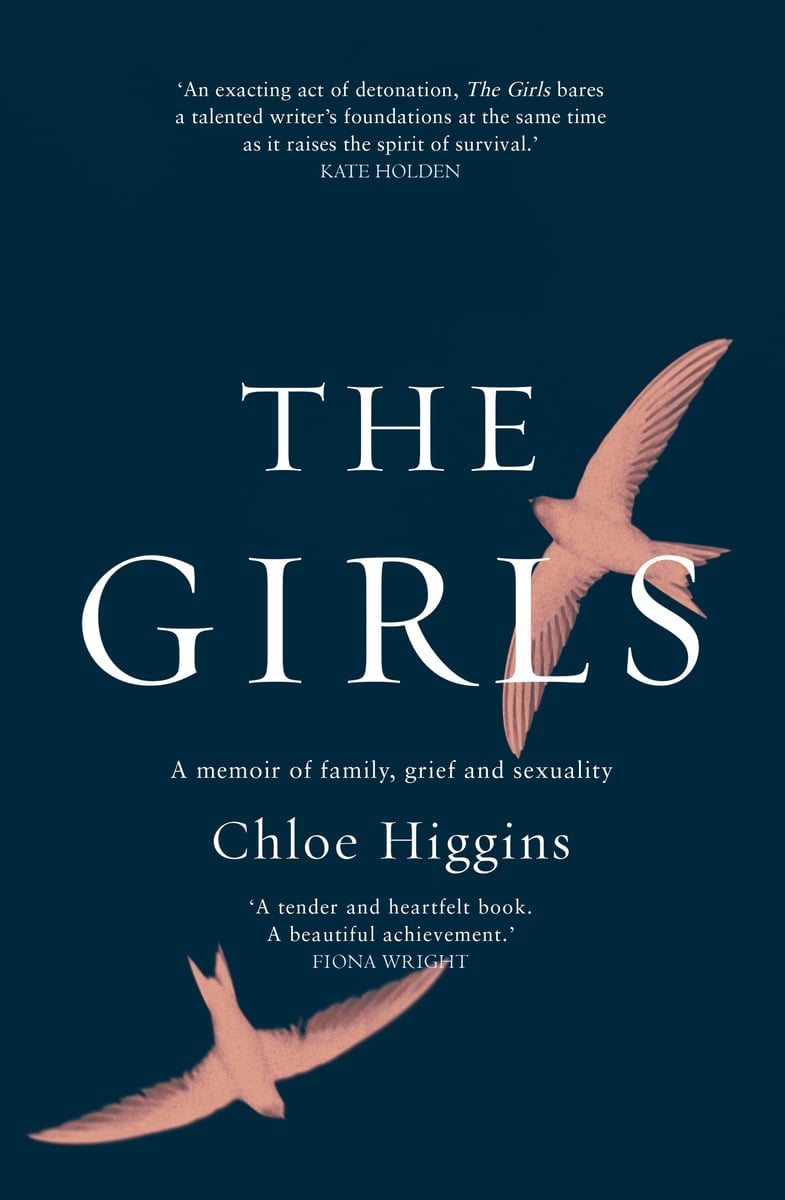
Top Comments
What a terrible thing to go through for all involved. I hope writing the book brought you some closure if at all possible.
I'm so sorry for your loss.
Respectfully, I will not be purchasing this book.